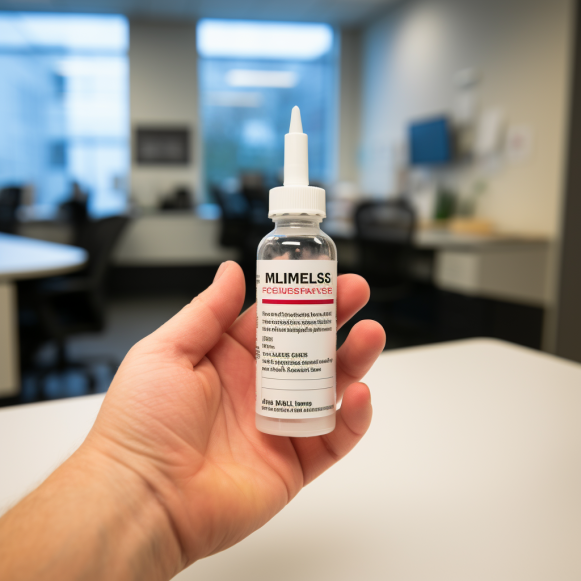Regulator Didn’t Tell Public About Post COVID-19 Vaccination Myocarditis for Four Months

According to emails, the UK Medicines and Healthcare Products Regulatory Agency (MHRA) detected a signal for post-vaccination myocarditis and pericarditis four months before informing the public.
According to emails, the MHRA discovered a risk of heart inflammation following COVID-19 vaccination in early 2021, but did not notify the public for nearly four months, until June 25, 2021, when it added warnings to the labels of the Pfizer and Moderna shots.
In response, the MRHA stated that it chose that date after reviewing “all available evidence, including that received from international regulators, rather than using any one source in isolation.”
Pericarditis or Myocarditis
A safety signal is information about a new or previously reported adverse event that may be caused by a medication and necessitates further investigation.The MHRA did not mention myocarditis or pericarditis in its April, May, or June 2021 safety updates.
It advised vaccinated people to “seek immediate medical attention if they experience new onset of chest pain, shortness of breath, or symptoms of cardiac rhythm disturbance” in its July 2021 update.
According to the study “following a thorough review of extremely rare reports of myocarditis and pericarditis after COVID-19 vaccination.””These events are extremely rare and tend to be mild when they do occur,” according to the report.
On December 8, 2020, the NHS began administering COVID-19 vaccinations in England. By June 20, 2021, 86.3 percent of the population aged 25 and up had received at least one dose of the vaccine.
‘Chance Discovery’
Dr. Georgy Genov, the head of the European Medicines Agency’s (EMA) Pharmacovigilance Office, provided the information via FOI emails.
According to the emails, he was warned by Israel on February 28, 2021, of approximately 40 post-vaccination cases of myocarditis, a type of heart inflammation.On March 1, he wrote that “we are monitoring closely cases of myocarditis (triggered for Comirnaty as we have more reports) and already had a discussion with MRHA.”
The signal was described as a “chance finding.”
The emails were obtained through a freedom of information request filed by “Benedikt,” who was admitted to the hospital on March 29, 2021, with myocarditis following his second Pfizer COVID-19 vaccination.
Benedikt, a consultant, requested that his last name not be used for fear of repercussions on his professional reputation.
Isolation of a Single Source
The MHRA stated that it did detect a signal, but it needed to evaluate data from multiple sources.
“Myocarditis was one of a number of adverse events of special interest that the MHRA and other global regulators have monitored since the start of C-19 vaccinations in line with our COVID-19 surveillance strategy,” the MHRA said in an email to The Epoch Times.
“This included monitoring of Yellow Card data reported to the MHRA, data recorded in electronic health care records and evidence generated through independent studies,” according to the report.
“With any such regular repeated analysis, there is an increased possibility of chance findings which do not reflect true associations, and therefore, it is important that data from multiple sources are assessed,” according to the report.
The regulator stated that it made its decision on how to communicate with the public based on “all available evidence, including that received from international regulators, rather than using any one source in isolation.”
Failure to Warn Individuals
Dr. Clare Craig, a consultant pathologist who has collaborated with HART on extensive COVID-19 research, told The Epoch Times that it “is so outrageous.”
HART is an organization formed to share concerns about policy and guidance recommendations concerning the COVID-19 pandemic.
Dr. Craig has repeatedly advocated for increased surveillance of post-COVID vaccine injury.
“We were being attacked for saying there was an issue, and they were failing to warn people who had no possibility of any personal benefit—so the harm would have had to outweigh the risk,” she went on to say.
In an earlier article, Pfizer and Moderna did not respond to requests for comment on their early approach to myocarditis after COVID-19 vaccination.






